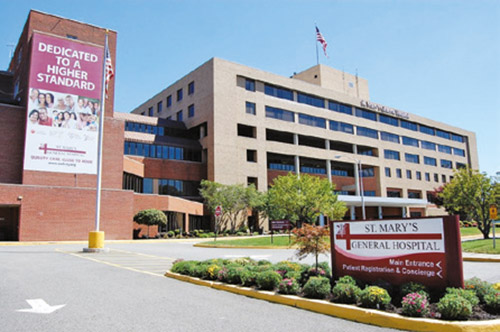




Life is full of ups and downs. Regardless of how much authority we think we have, some experiences are beyond our control. The level of unpredictability is what makes life so exciting, but can also be daunting. Along with the happiness and warmth that adventure in life can bring, it also leaves room for inevitable stressors. Sometimes these stressors can be so extreme that it can be traumatic for the person experiencing them. But what is the difference between a stressful life experience and trauma leading to a disorder?
What Is ‘Trauma’?
As per DSM 5 criteria, if a person has “exposure to actual or threatened death, serious injury or sexual violence in one (or more) of the following ways”:
1. Having experienced the traumatic event personally.
2. Seeing a traumatic experience happen to someone else, for example, witnessing a fatal car accident while driving on the highway.
3. Hearing that a traumatic event happened to a family member or friend.
4. Repeated exposure to details of traumatic events, as in the case of CSI personnel who repeatedly have to process gruesome crime scenes.
How Is a Trauma-Related Diagnosis Made?
For a diagnosis to be made related to trauma, additional symptoms need to be present along with any of the four experiences above:
Flashbacks of the trauma
Avoidance of situations that remind the person of the trauma
Increased arousal leading to anxiety, sleep disturbance and hypervigilance
Another symptom that can occur with trauma is “survivor guilt,” where an individual has irrational guilt regarding the eliciting event.
There are varying degrees to the symptoms associated with trauma. The level of impairment in a person’s quality of life caused by the symptoms is the parameter that is used to determine if psychiatric intervention is needed. Symptoms causing significant distress, which impact the person’s daily functioning, definitely warrant speaking to a psychiatrist for an evaluation.
What Is the Difference Between Acute Stress Disorder and Post-Traumatic Stress Disorder?
Essentially, the timeframe when symptoms occur differentiates the two diagnoses:
1. Acute stress disorder—the person starts experiencing the symptoms immediately or almost immediately after the traumatic event, and the symptoms need to be present consecutively for at least 3 days up to a month.
2. Post-traumatic stress disorder (PTSD)—symptoms that occur following a traumatic event that persist for more than one month of time.
How Is Acute Stress Disorder or PTSD Treated?
There are multiple levels of treatment available to treating trauma-related disorders:
Group psychotherapy with other survivors
Individual counseling following traumatic events to reduce possibility of PTSD developing
Medications to reduce depressive or anxious symptoms as well as nightmares
As mental health advocate Daniell Koepke said: “Your trauma is valid. Even if other
people have experienced ‘worse.’ Even if someone else who went through the same experience doesn’t feel debilitated by it. Even if it ‘could have been avoided.’ Even if it happened a long time ago. Even if no one knows. Your trauma is real and valid and you deserve a space to talk about it. It isn’t desperate or pathetic or attention-seeking. It’s self-care. It’s inconceivably brave. And regardless of the magnitude of your struggle, you’re allowed to take care of yourself by processing and unloading some of the pain you carry. Your pain matters. Your experience matters. And your healing matters. Nothing and no one can take that away.”
There is no shame in asking for help when needed. Humans are inherently social beings and meant to work together and support each other. We all live together as part of a community, so don’t feel that you need to heal by yourself or that you just need to “get over” negative experiences. If you or your loved one has experienced a trauma that is causing any level of distress, it is always worthwhile to reach out to a psychiatrist who can help you get the assistance you need.
St. Mary’s General Hospital offers multiple behavioral health services:
Outpatient Clinic—We accept most private and public insurance. Our staff includes a psychiatrist, APN, social workers, and more.
Day hospital programs for ages 11-plus. Day hospital programs occur Monday-Friday for weeks to months, can provide transportation, run all year long, and offer individual, group and family therapy, as well as medication management and school interventions.
Mental Health Center of Passaic for patients >10 years of age.
Emergency Services—Children may be taken to the St. Mary’s emergency room for mental-health crisis evaluation.
PerformCare in the state of New Jersey provides in-home resources, mobile outreach and case management.
Stephanie D. Lee, DO is a first-year psychiatry resident at St. Mary’s General Hospital. She graduated from Touro College of Osteopathic Medicine and enjoys playing with her dog in her free time.
Sheindel (Ifrah) Goldfeiz is a third-year medical student at TouroCOM-Harlem and COO-CFO of the JOWMA. She currently resides in Passaic with her husband and two kids and enjoys spending time with her family and exercising.
By Stephanie D. Lee, DO and
Sheindel (Ifrah) Goldfeiz, OMS-III










